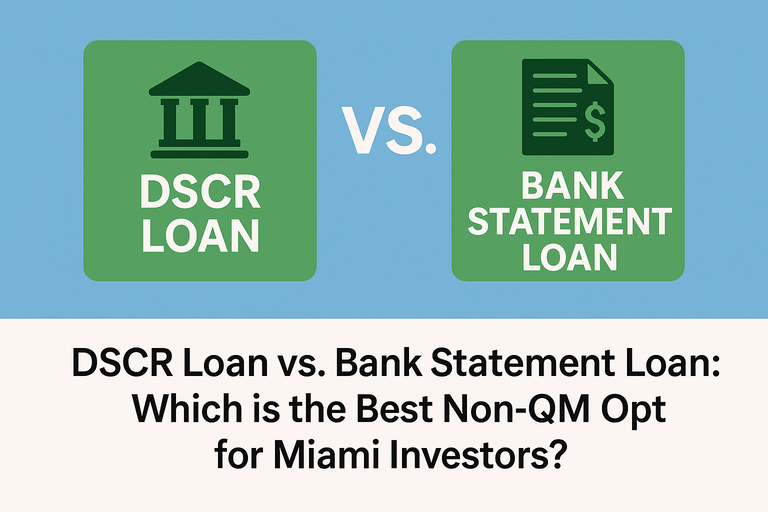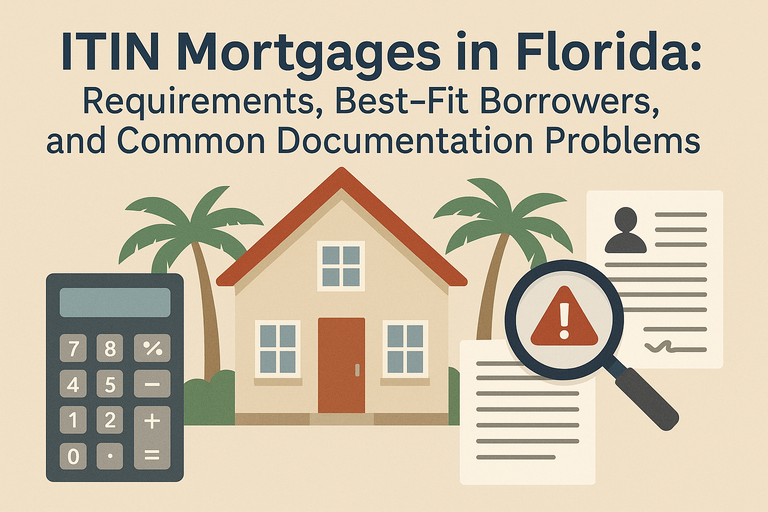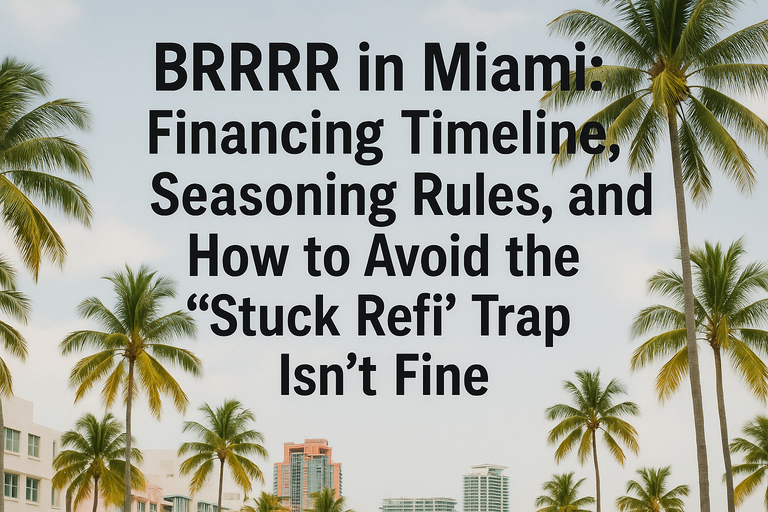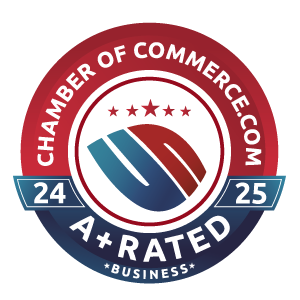Miami’s red-hot real estate market continues to attract investors seeking lucrative opportunities in both short-term vacation rentals and long-term investment properties. However, traditional mortgage qualifications often present obstacles for real estate investors who may have strong portfolios but non-traditional income documentation. This is where non-QM (non-qualified mortgage) loans become essential tools. Two of the most popular options are DSCR loans and bank statement loans, but which one is right for your Miami investment strategy?
What is a DSCR Loan?
A DSCR loan, or Debt Service Coverage Ratio loan, is a type of investment property financing that qualifies borrowers based on the property’s income potential rather than personal income. So, what is a DSCR mortgage loan exactly? It’s a financing solution designed specifically for real estate investors who want to purchase or refinance rental properties without the hassle of providing tax returns, W-2s, or employment verification.
The key metric in these loans is the debt service coverage ratio itself—a calculation that compares the property’s monthly rental income to its monthly debt obligations (including principal, interest, taxes, insurance, and HOA fees). A DSCR of 1.0 means the property’s income exactly covers its expenses, while a ratio above 1.0 indicates positive cash flow. Most lenders prefer a DSCR of 1.25 or higher, though some Miami programs accept ratios as low as 0.75 for strong borrowers.
What is a DSCR loan’s biggest advantage? It completely removes personal income from the equation. Whether you’re self-employed, retired, or have complex tax returns with numerous write-offs, none of that matters. The property itself qualifies you for the loan.
Understanding Bank Statement Loans
Bank statement loans offer another alternative for borrowers who can’t provide traditional income documentation. Instead of tax returns, these loans allow self-employed borrowers to verify income through 12-24 months of personal or business bank statements. Lenders analyze deposits to calculate average monthly income, typically applying a percentage (often 50-75%) to account for business expenses. Check our guide: Bank Statement Mortgage vs. Traditional Loan
These loans work well for Miami’s thriving community of entrepreneurs, gig workers, and business owners who have significant income flowing through their accounts but prefer to maximize tax deductions. Unlike DSCR loans, bank statement loans can be used for primary residences, second homes, or investment properties.
Key Differences for Miami Investors
Property Type Focus: DSCR loans are exclusively for investment properties, making them ideal for Miami’s booming vacation rental market in areas like South Beach, Brickell, and Coconut Grove. Bank statement loans offer more flexibility across property types.
Qualification Method: DSCR loans qualify based on rental income potential—perfect for investors purchasing properties sight unseen or in emerging Miami neighborhoods. Bank statement loans require documented cash flow through bank accounts, which benefits established business owners.
Income Documentation: What is a DSCR loan’s documentation requirement? Minimal—you’ll need a lease agreement or rental income appraisal. Bank statement loans require extensive bank statement review, which can be more invasive for privacy-conscious borrowers.
Rates and Terms: DSCR loans typically offer slightly better interest rates because they’re secured by investment property cash flow. Bank statement loans may carry higher rates due to perceived risk.
Which Option Suits Miami Investors Best?
For pure real estate investors building a portfolio of Miami rental properties, DSCR loans are often the superior choice. They’re faster to process, require less documentation, and allow you to scale your investments without your personal income becoming a limiting factor. If you’re eyeing a waterfront condo in Sunny Isles or a multi-family property in Little Havana, a DSCR loan streamlines the process.
However, if you’re a self-employed professional looking to purchase a primary residence in Coral Gables while also investing in rental properties, bank statement loans provide the versatility you need.
The Bottom Line
Understanding what is a DSCR loan and how it compares to bank statement financing is crucial for Miami investors navigating today’s competitive market. Both non-QM options open doors that traditional lending keeps closed, but DSCR loans specifically empower real estate investors to grow their portfolios based on property performance rather than personal finances.
Ready to explore which loan option aligns with your Miami investment goals? Connect with experienced mortgage professionals who understand the unique dynamics of South Florida’s real estate market and can structure the right financing solution for your portfolio.






